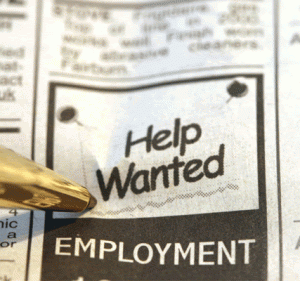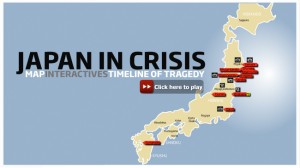The Canadian economy added a surprising 61,000 jobs in September, virtually all in full-time employment and half of them in B.C., Statistics Canada reported Friday.The job growth helped push the country’s unemployment rate down to 7.1 per cent, the lowest since December 2008.Economists had been expecting 15,000 jobs to be added, and for the unemployment rate to remain steady at 7.3 per cent.The country added 63,800 full-time jobs, but part-time employment slipped by 2,900.

This news has given hope to the falling economy of Canada. People who have been unemployed should now have motivation to go seek new jobs as opportunities are out there waiting for them. As more people are employed, then economy might be started to reach a better state.






